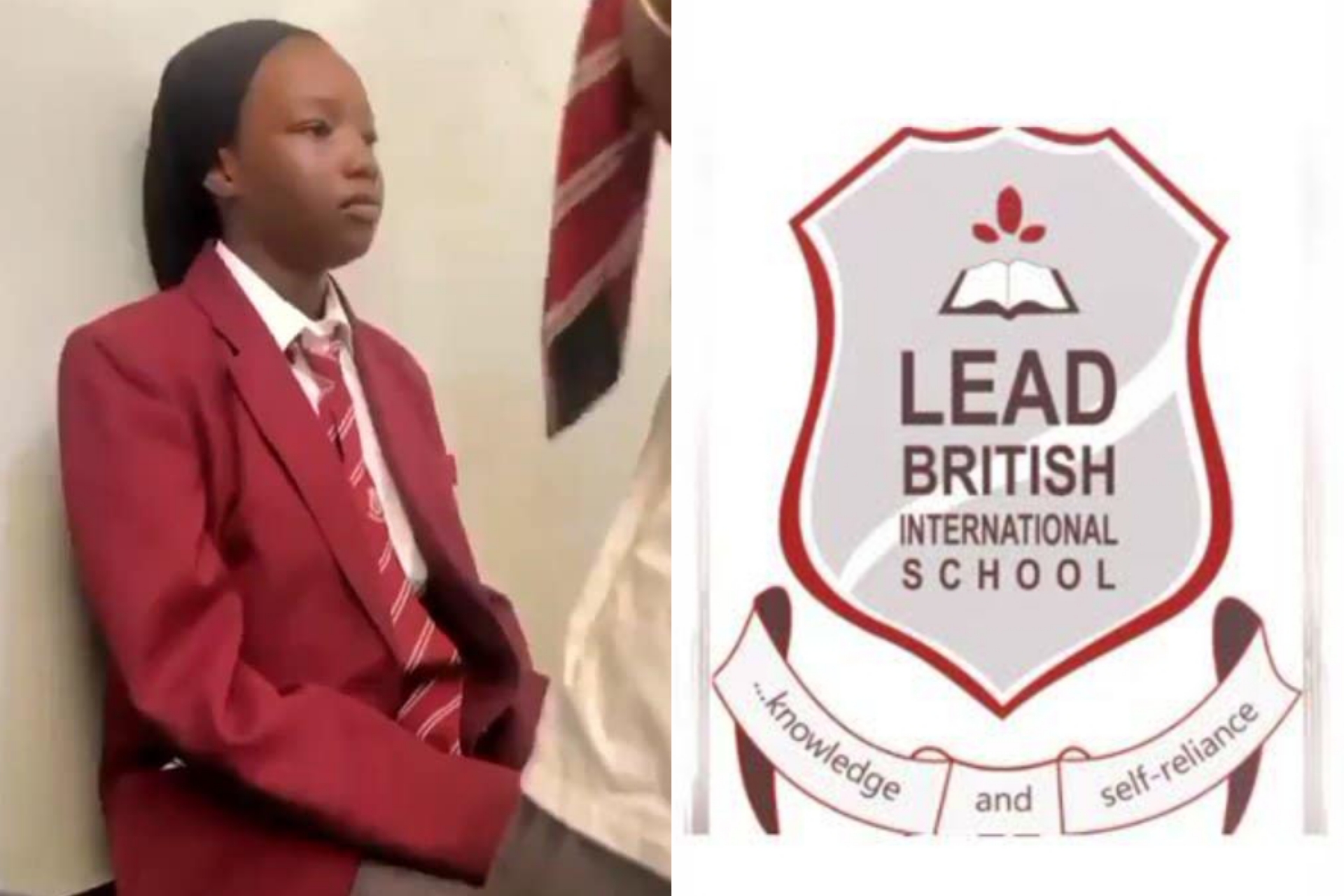Abuja British School Temporarily Shuts Down Over Bullying
The management of Lead British International School in Abuja has temporarily shut down its institute for three days to investigate issues bordering bullying among its students. This development was reached during a meeting attended by concerned parents on Tuesday, held within the school premises. An X user, @mooyeeeeeee, posted two videos where the victim she identified as Maryam Hassan was repeatedly slapped by another female student. The video generated thousands of comments by netizens who called on the school authorities to investigate the matter.








